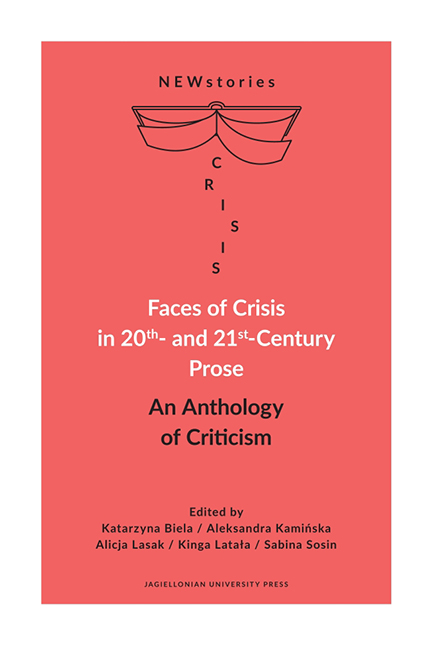“And There Was Nothing Left in His Inner World but a Silent, Devastated Landscape”. Dissolution of Moral Values in Sarah Waters’s and Diane Setterfield’s Haunted House Novels
Published online by Cambridge University Press: 16 July 2022
Summary
Abstract: The crisis of values is one of the main concerns of today's world. Its causes and implications lead to heated debates concerning the way our world is heading. Certainly, being a reflection of reality, literature can help us understand this phenomenon. This essay analyses Sarah Waters's The Little Stranger and Diane Setterfield's The Thirteenth Tale, focusing on the way in which both authors employ the motif of supernatural in order to display the crisis of values and its consequences. By applying psychoanalysis and the sociological approach to literature, the essay discusses the corruption of values such as justice and responsibility, attempting to provide answers to arresting questions concerning the state of people's morality.
This essay is an examination of the dissolution of moral values in two haunted house novels: Sarah Waters's The Little Stranger(2009) and Diane Setterfield's The Thirteenth Tale (2007). It aims to show how the respective authors’ different approaches to the supernatural both complement each other and deepen the understanding of the crisis of values. Although the books belong to different categories—The Little Stranger is an example of “highbrow” literature, while The Thirteenth Tale qualifies as popular fiction—they have been both well received by critics and readers alike. Trish Crapo, a poet and writer, reviews these books in The Women's Review of Books. She praises The Little Stranger, acknowledging that “Waters writes with power and muscular grace, just as skilled at conveying the charmed nonchalance of her moneyed characters as the gripping eeriness of the surreal” (2010: 22).
The plot of The Little Strangeris, indeed, grasping and lingers in the reader's memory for a long time. It tells the story of Dr Faraday, who, after years of absence, returns to his family town and befriends an old noble family— the Ayres. At that time, Faraday witnesses Mrs Ayres, her daughter Caroline, and her son Roderick becoming victims of a sinister ghost. The book is, therefore, described by Crapo as “a good, old-fashioned ghost story told by an even-keeled, sufficiently doubtful narrator” (2010: 22). The reviewer also pays attention to the protagonist, whose envy significantly affects the reading of the book—a phenomenon on which I also focus in the later part of the essay.
- Type
- Chapter
- Information
- Faces of Crisis in 20th- and 21st-Century ProseAn Anthology of Criticism, pp. 109 - 118Publisher: Jagiellonian University PressPrint publication year: 2020



